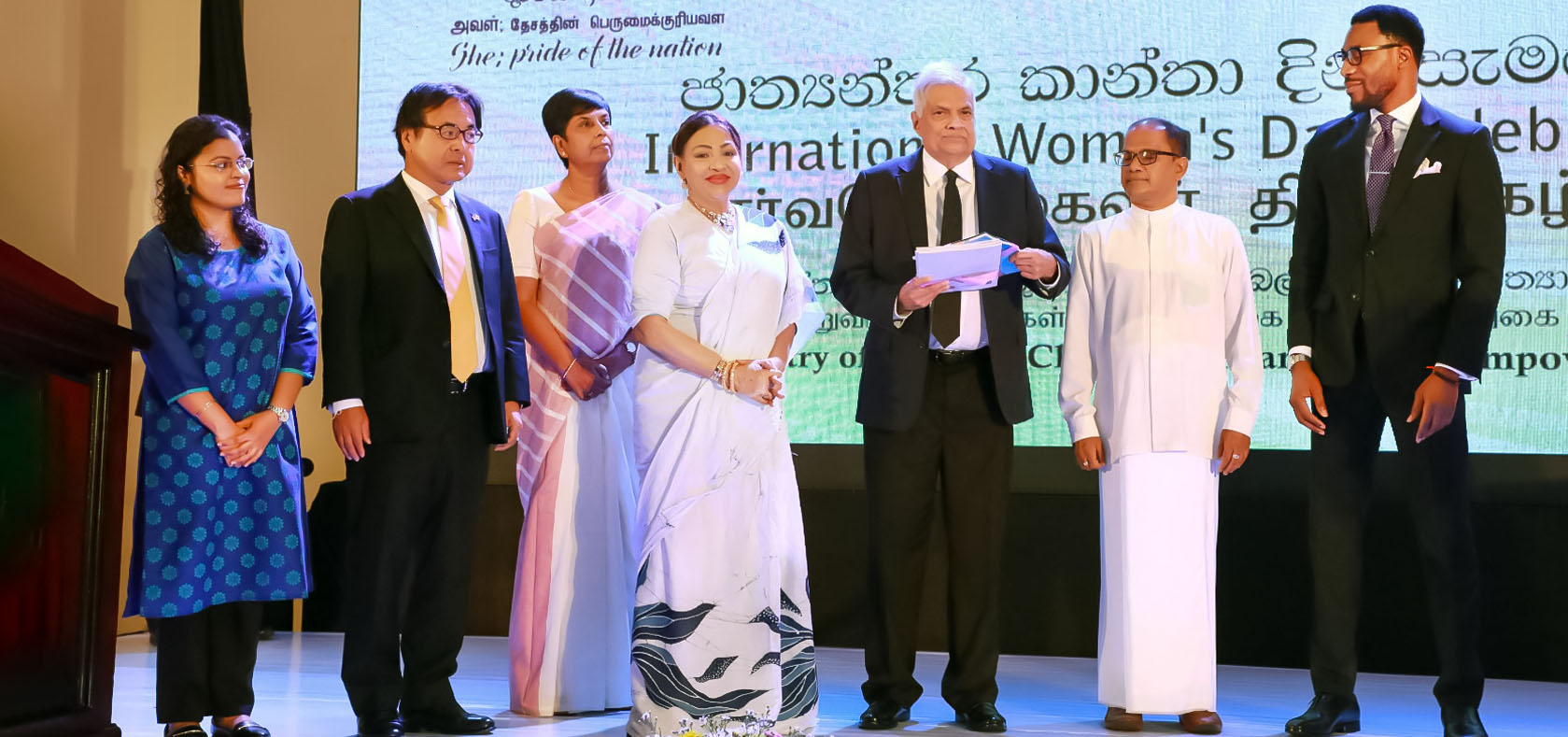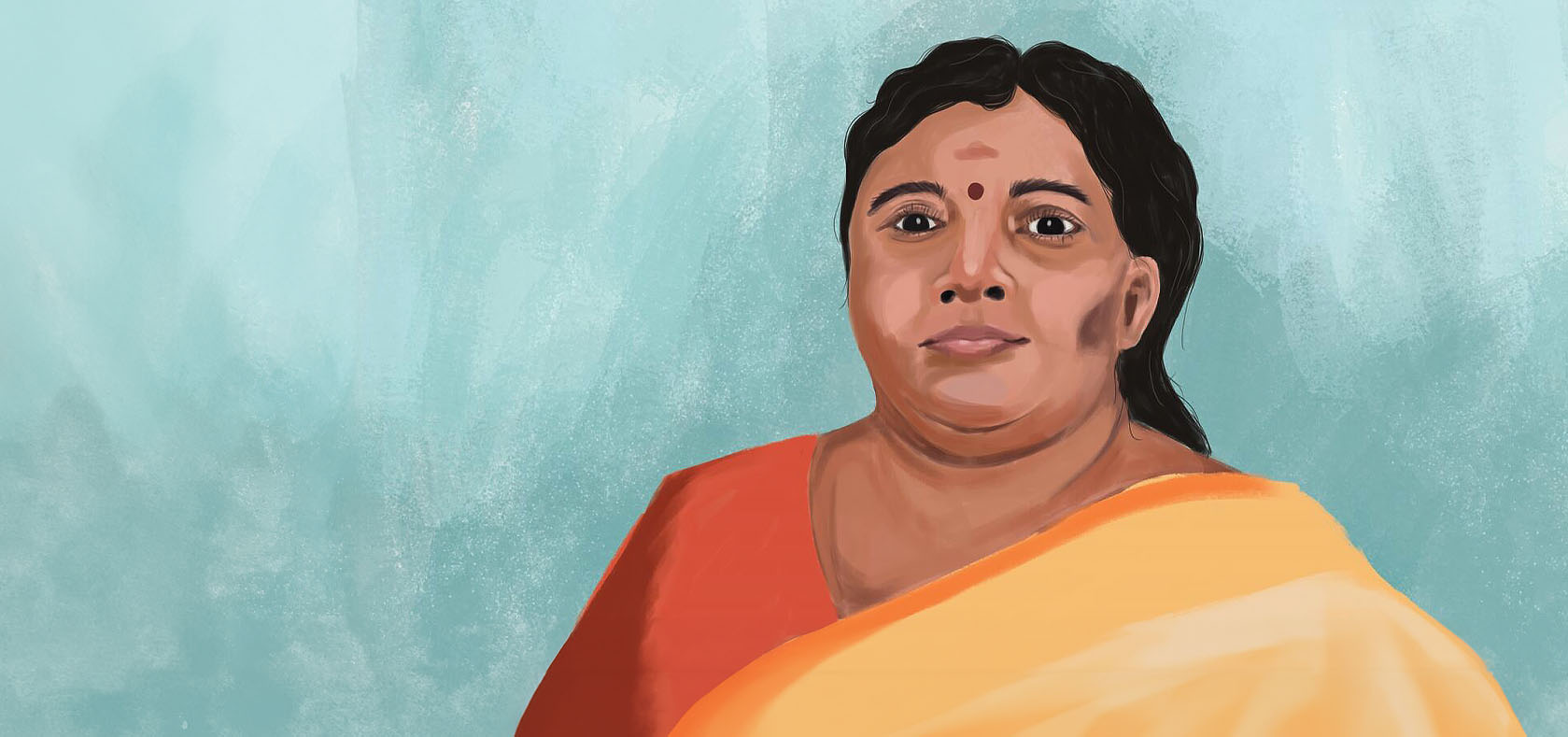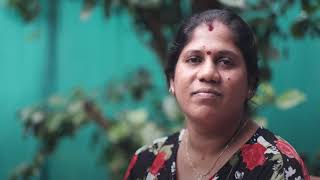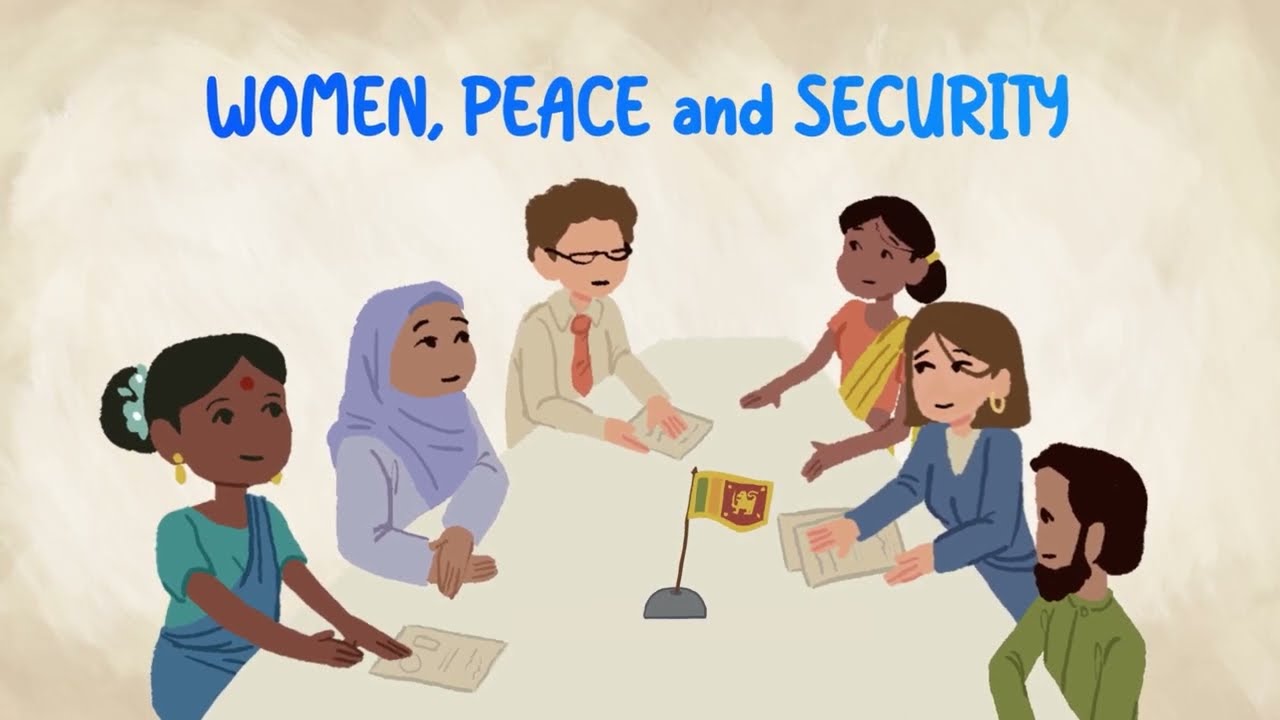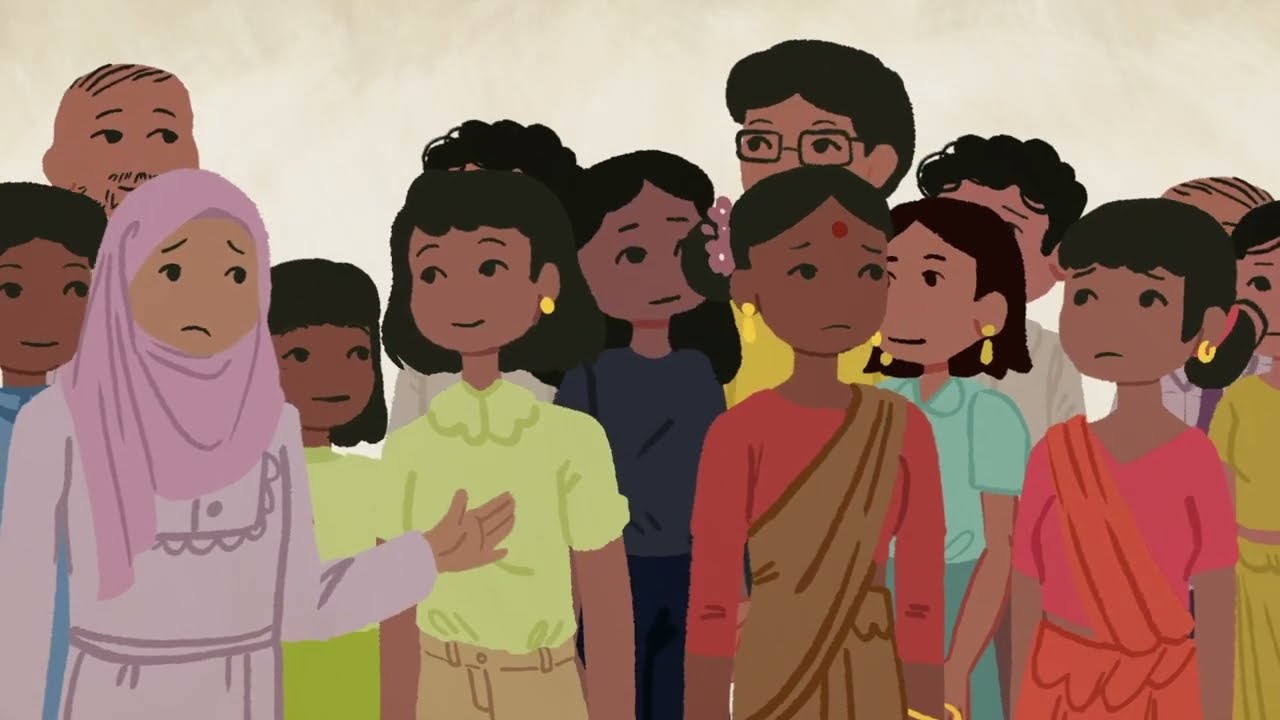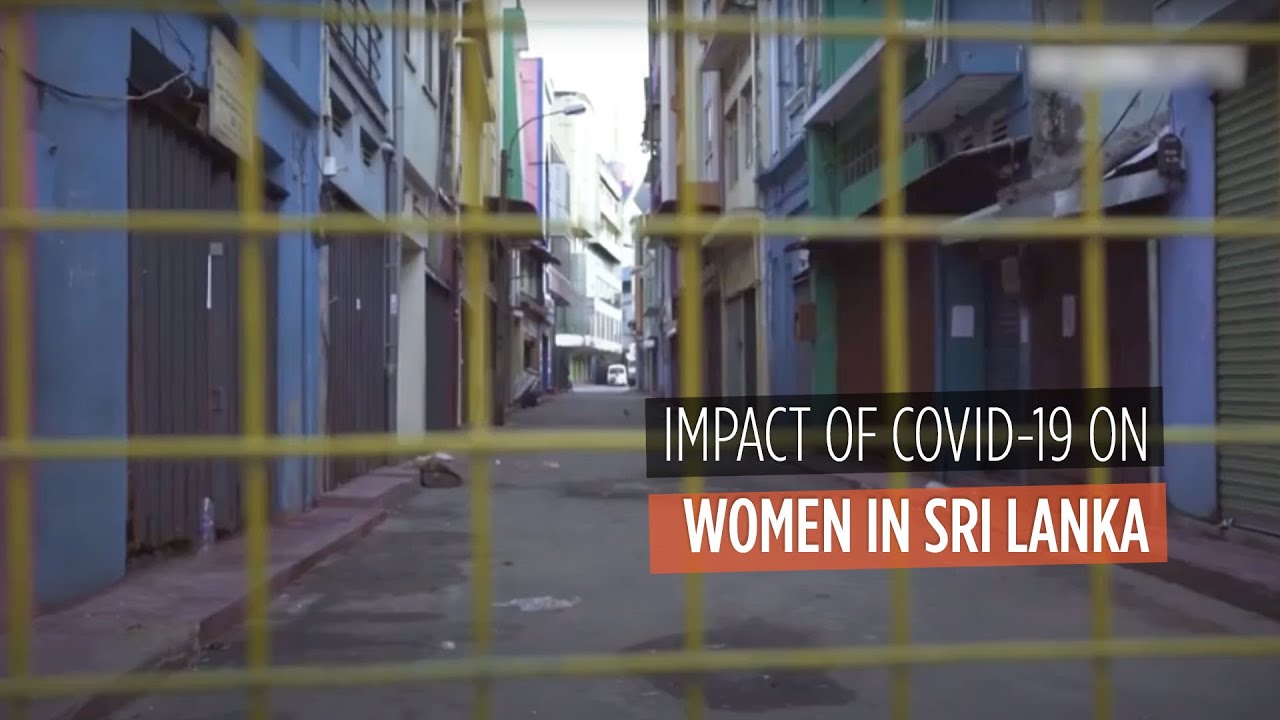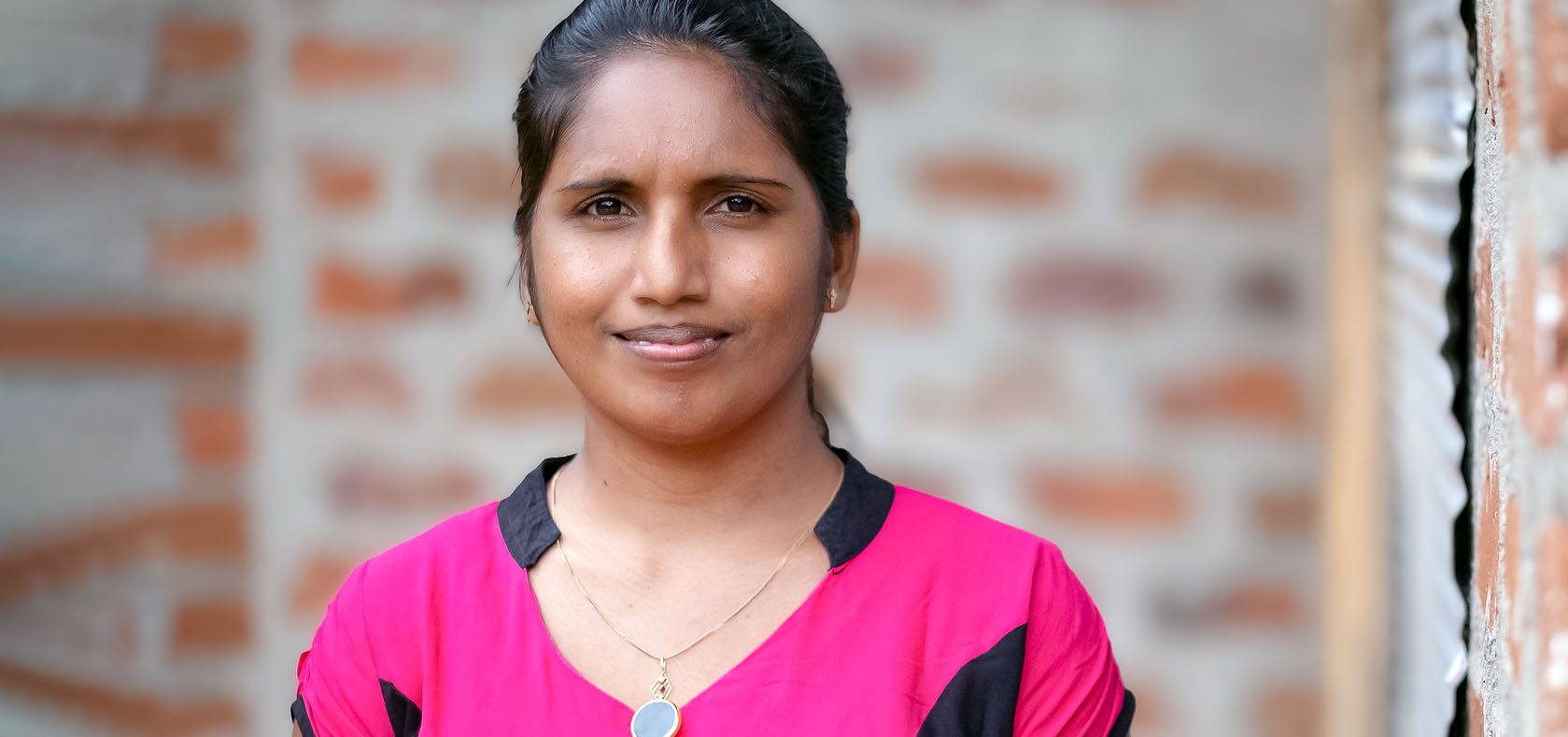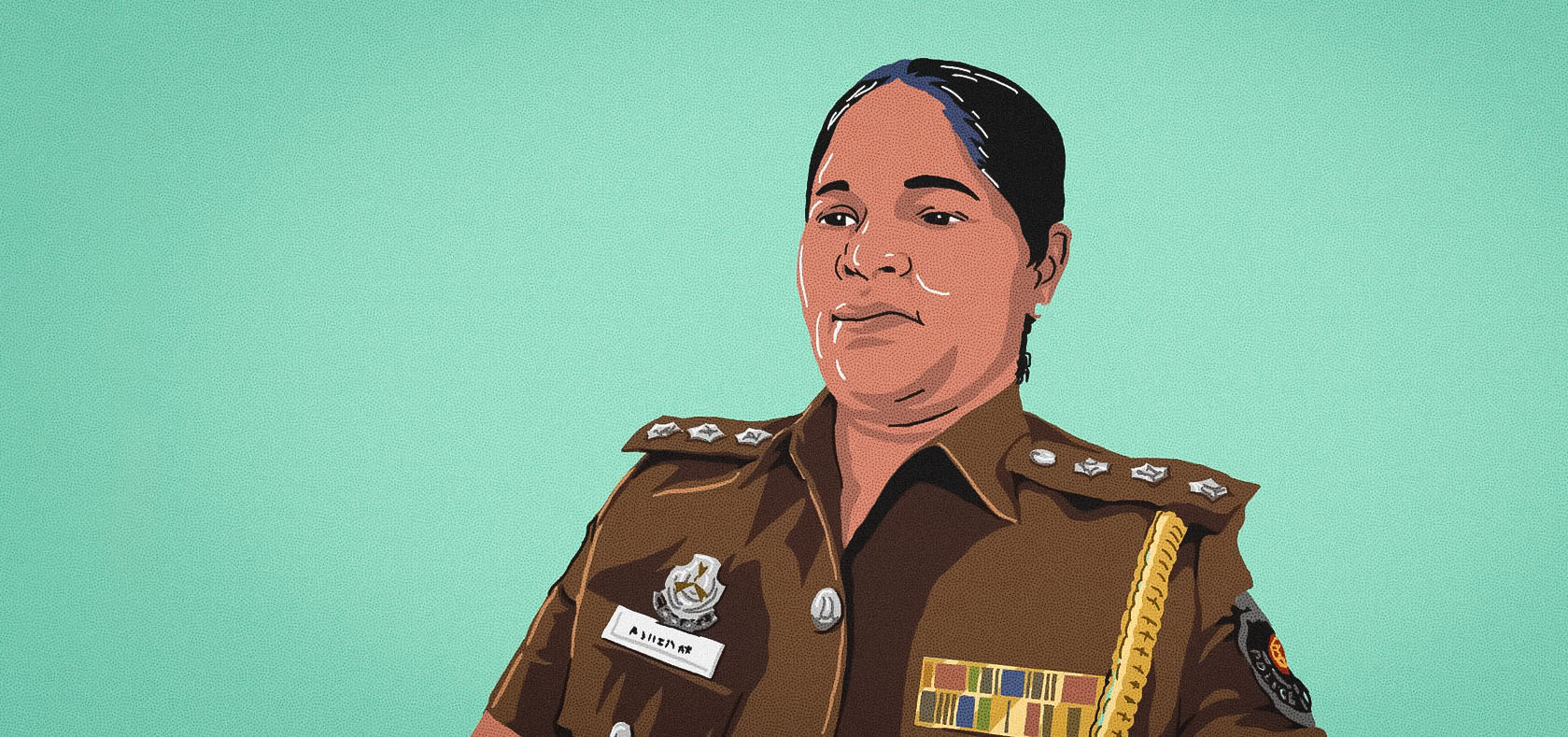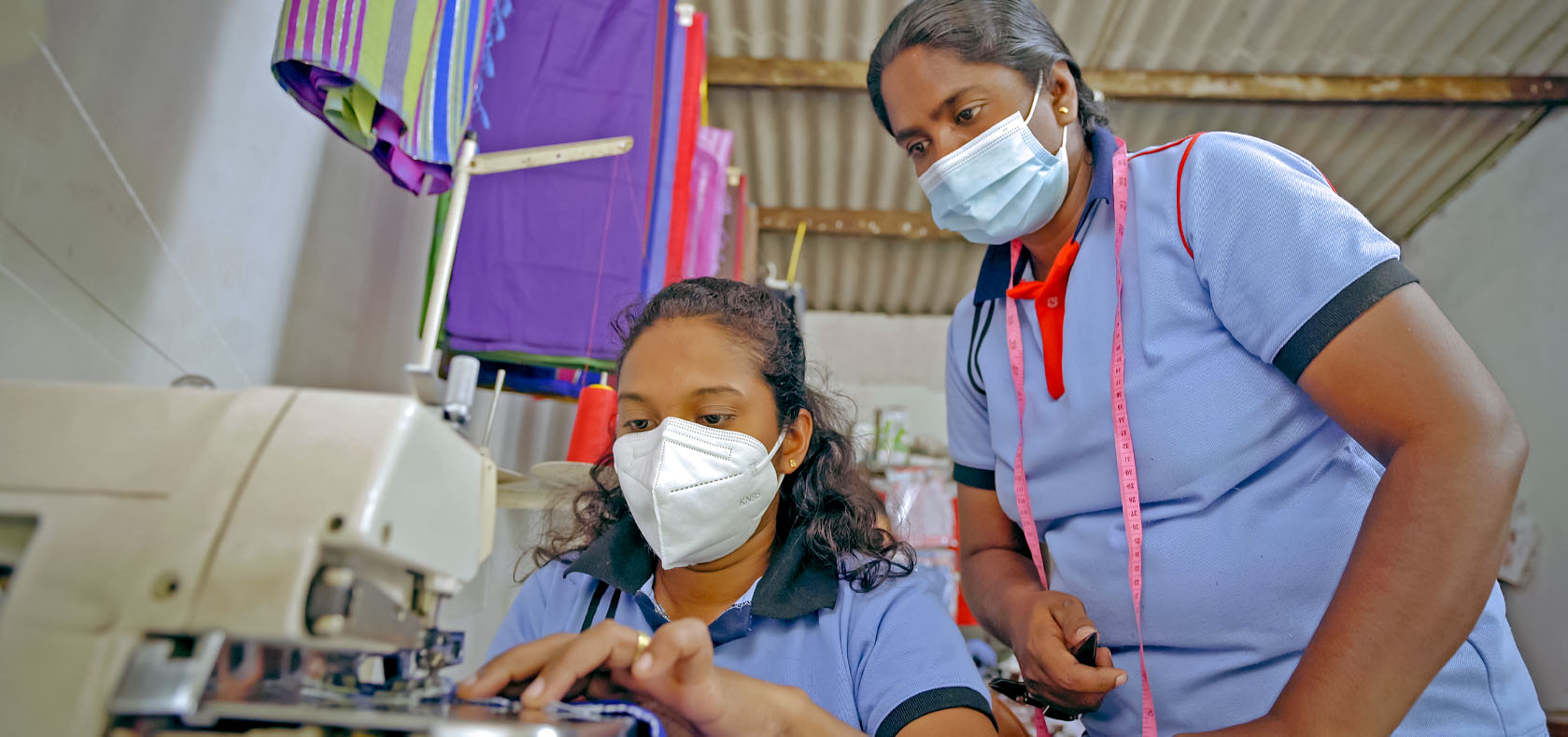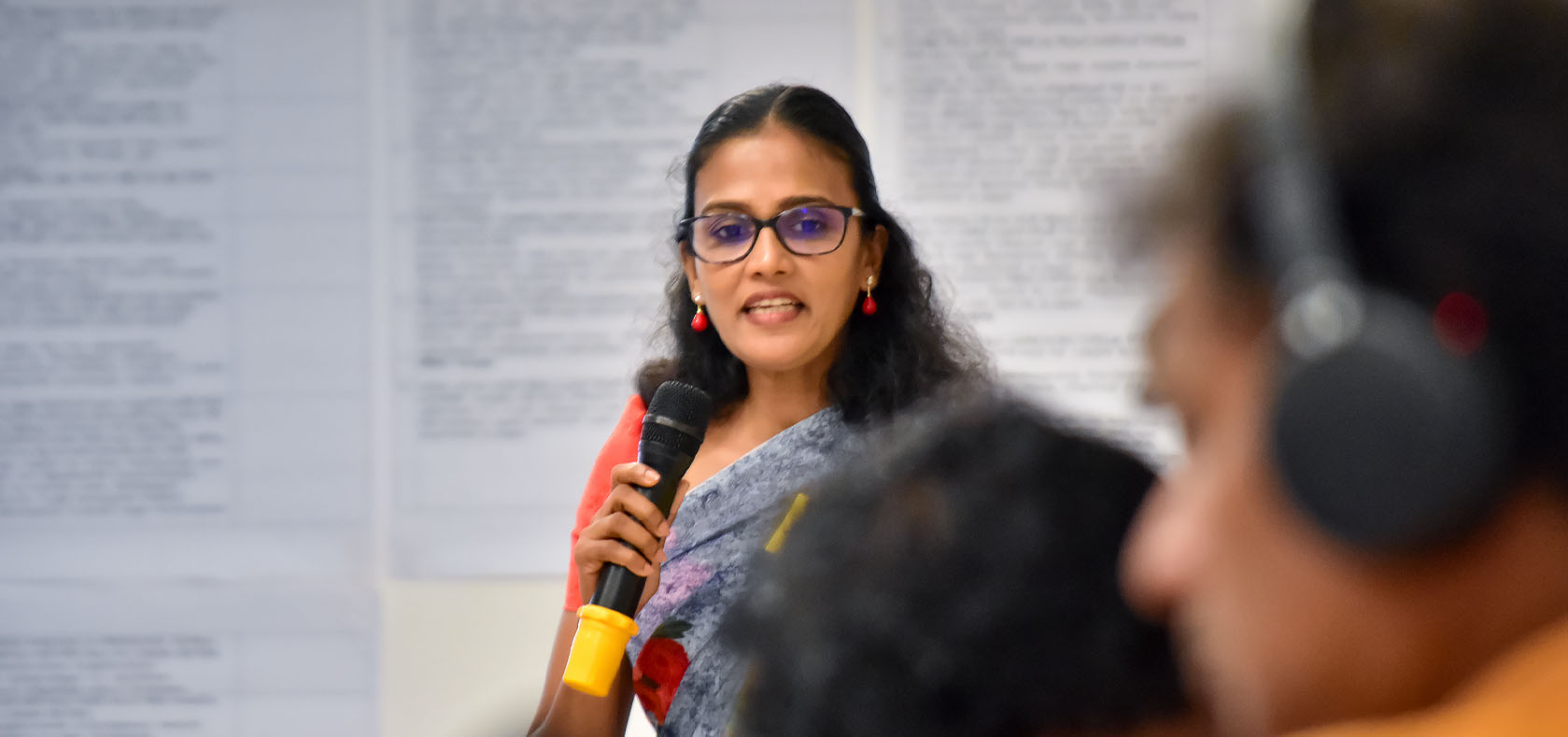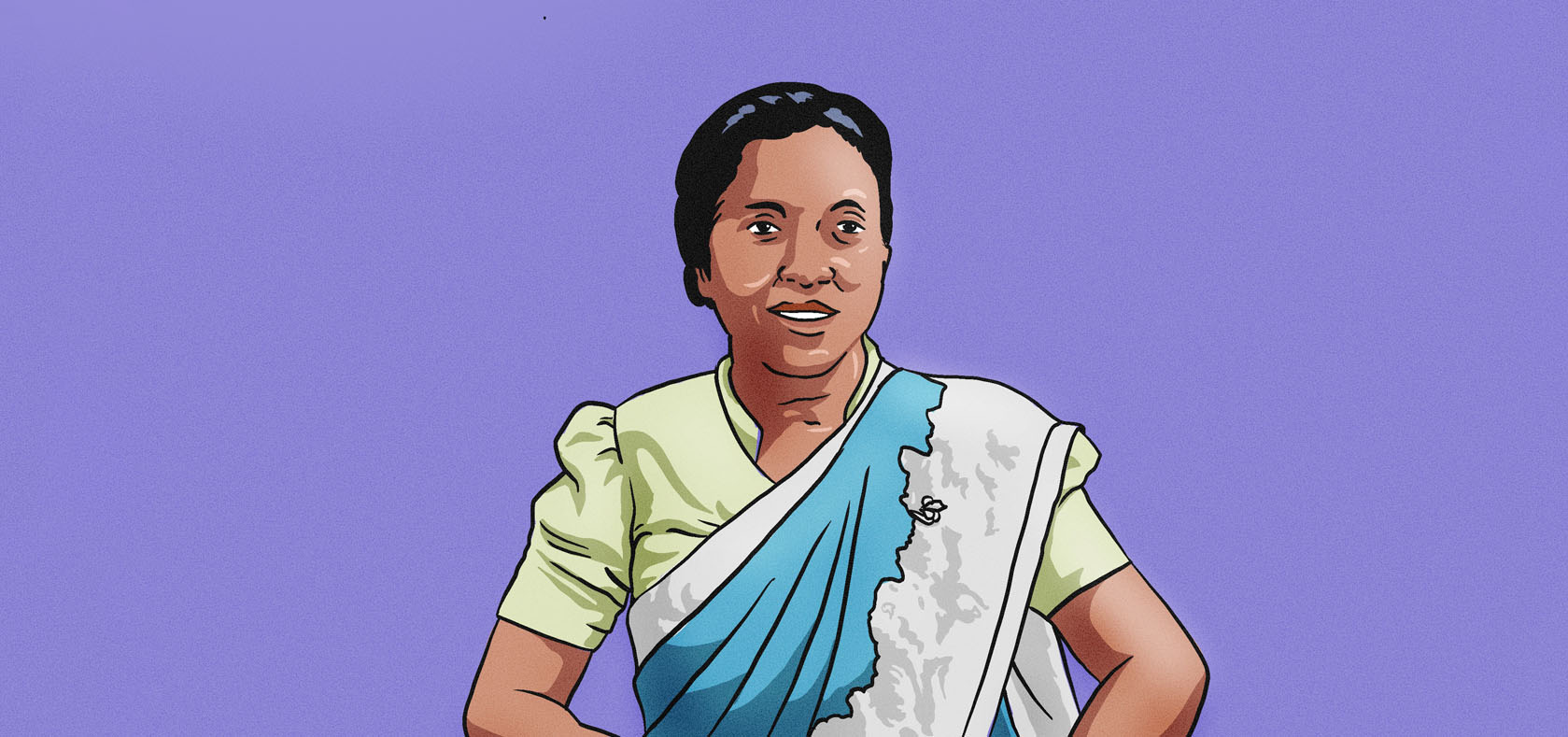The issue
Despite the need for women’s equal leadership in effective peacebuilding and conflict prevention, women are largely excluded from promoting peace and security in Sri Lanka, which continues to be affected by a long history of armed conflict, intercommunal violence, and instability. Women also continue to experience the greatest – and nuanced – legacies of conflict and crisis, and as such, require targeted support and empowerment. Priorities concerning Women, Peace and Security (WPS) in Sri Lanka are numerous and complex, and the WPS agenda continues to be of crucial relevance in times of crisis.
How are we making a difference?
- In 2024, the Government of Japan and UN Women launched the project “Pathways to Peace” aimed at strengthening women’s economic empowerment and their leadership in peacebuilding and conflict prevention in Sri Lanka. This project aims to support the implementation of the recently adopted National Action Plan on Women, Peace and Security.
- As part of the project “Advancing Sri Lanka’s National Action Plan on Women, Peace and Security” (December 2023 – May 2025) funded by the Republic of Korea, UN Women is supporting the Government of Sri Lanka in coordinating the implementation, resourcing and monitoring of the Action Plan.
As part of the project “Implementation of the Women, Peace and Security Agenda” (2019 – 2022) funded by the Government of Japan:
- UN Women has supported the formulation and adoption of Sri Lanka’s first National Action Plan on Women, Peace and Security. The Plan adds to the country’s legal and policy frameworks to protect and empower women in line with international commitments set out in the UN Security Council Resolution 1325 (2000). The adoption of this National Action Plan marks significant progress in furthering gender-responsive conflict and crisis response, while also strengthening the role of women in peacebuilding and conflict-preventative leadership. Most tangibly, it will provide the basis for multi-stakeholder coordination around planning, resourcing and programming around the Women, Peace and Security Agenda which is vital to sustainable peace in Sri Lanka. The Government of Sri Lanka is therefore equipped - for the first time - with a policy framework to implement the Women, Peace and Security agenda in the country
- UN Women has conductedtrainings on social cohesion for over 270 women leaders giving them the skills to build peace in their communities, including digital peacebuilding skills for young women. Through community initiatives such as street dramas on social cohesion, over 5400 people have increased their understanding of the importance of women's engagement in peacebuilding.
- Senior officers across all 25 Districts and more than 40 Divisional Secretariats in Sri Lanka have strengthened their understanding of gender-responsive policy formation in line with the Women, Peace and Security Agenda, along with unprecedented coordination skills and platforms.
- UN Women has conducted multi-party dialogues in all districts in Sri Lanka – engaging with local government councillors, administrative and police officers, community leaders, media and civil society – towards jointly developing and implementing local gender-responsive workplans, resulting in strong coordination, strengthened women’s political participation, and the setting up of three new safe houses in the Western Province.
